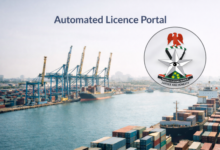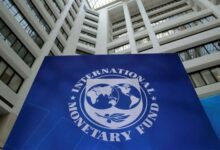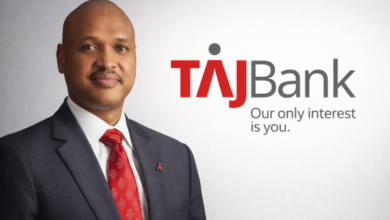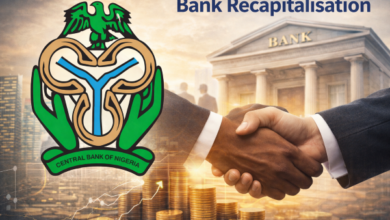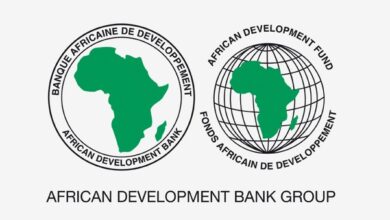World Bank to Deploy $150bn to Affected COVID-19 Countries

In a bid to assist the countries affected by the Coronavirus pandemic, the World Bank Group has expressed its readiness to deploy about $150bn over the next 15 months to stimulate economic recovery.
The Coronavirus pandemic had led to unprecedented disruptions to global supply chains, sharp drop in global crude oil prices, turmoil in global stock and financial markets, lockdown of large swaths movements of persons in many countries, among others.
READ ALSO: BREAKING: Cases Of COVID-19 In Nigeria Rise To 35- NCDC
These outcomes have had severe consequences on households’ livelihoods and business activities, resulting from drop in global demand, declined consumer confidence and slowdown in production.
The World Bank Group President David Malpass in his remarks from the G20 Finance Ministers conference call on the COVID-19 pandemic said these are difficult times for all, especially for the poorest and most vulnerable.
For the World Bank Group, he said the first goal is to provide prompt support during the crisis, based on a country’s needs.
He noted that it was vital for governments of countries affected by the pandemic to shorten the time of recovery and create confidence that the recovery can be strong.
Malpass said the bank is currently restructuring existing projects in 23 countries.
Many of these projects restructurings, according to him, would be made through the use of contingent emergency response components.
He said the bank is also preparing projects in 49 countries through a new fast-track facility.
He said the final decisions on 16 out of these 49 country programmes would be made this week expected this week.
Beyond the severe health impact from the pandemic, we should expect a major recession of the global economy.
The World Bank boss said, “We are working to provide a fast response, utilizing all our available instruments.
“Countries need to move fast to boost health spending, strengthen social safety nets, support the private sector and counter financial-market disruption.
“Countries will need to implement structural reforms to help shorten the time to recovery and create confidence that the recovery can be strong.
He added, “For those countries that have excessive regulations, subsidies, licensing regimes, trade protection or litigiousness as obstacles, we will work with them to foster markets, choice and faster growth prospects during the recovery.
“The resources to address the problems I’ve discussed are substantial. The World Bank Group, including International Finance Corporation and Multilateral Investment Guarantee Agency, could deploy as much as $150bn over the next 15 months.”
Juliet Ekwebelam


